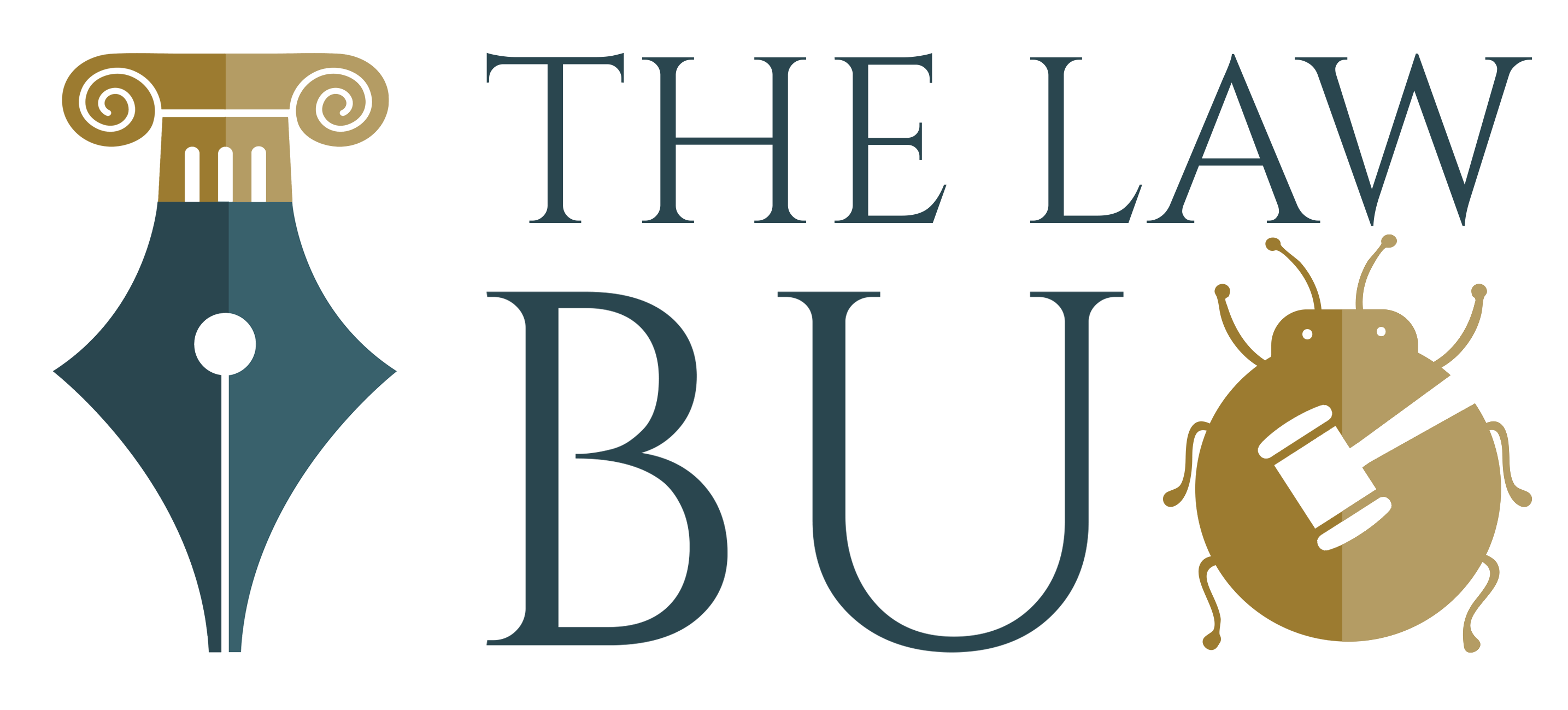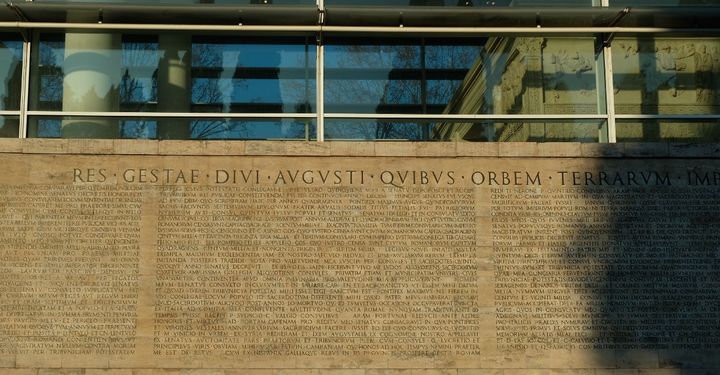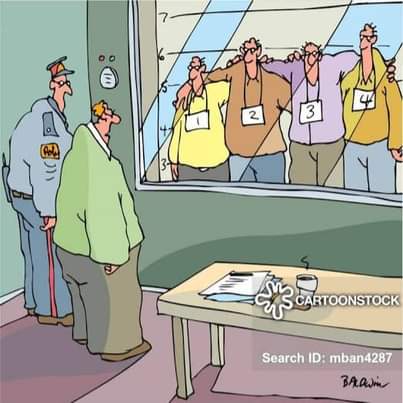Can an accused person be convicted on the basis of an uncorroborated dying declaration alone? - Your simplified answer!

Dying declaration is the statement of a declarant before his or her death about the cause of their death which might be used to implicate a guilty party. It derives its origin to the legal maxim “nemo moriturus praesumitir mentire” which means that “man would not meet his creator with a lie on his lips” in Latin.
According to section 32(1), The Indian Evidence Act, 1872, “when the statement is made by a person with regard to the cause of his death, or any of the circumstances of the transaction which resulted in his death, in cases in which the cause of that person’s death comes into question.” Such statements are relevant irrespective of the person who made such declaration was expecting death or not. The Supreme Court in the case of Umkant v. State of Chhattisgarh, (AIR 2014 SC 2943) held that dying declaration does not require any corroboration as long as it inspires confidence in the mind of the Court and it is free from any form of tutoring. The Apex Court in the case of Khushal Rao v. State of Bombay observed the evidentiary value of dying declaration and thereby clarifying the following-
- Conviction can be based only on a dying declaration. A true and voluntary declaration requires no confirmation because the possibility of death guarantees the truth of the statement made.
- A dying declaration is not less reliable than any other type of evidence. Each case must be decided on its own facts, taking into account the circumstances surrounding the dying declaration.
- To determine the reliability of a dying declaration, the court must consider factors such as the dying man's ability to be observed.
- The Court must be convinced that there was no component of tutoring, that the deceased was in a sound mental state, and that the statement was not fabricated.
It is here important to note the Apex Court’s statement on dying declaration in the case of Muthhu Kutty v. State, (AIR 2005 SC 1473), that if dying declaration is found to be true and voluntary, it can be made the basis of conviction without any further corroboration considering corroboration is merely a rule of prudence. Further in the case of Chirra Shivraj v. State of Andhra Pradesh, (AIR 2011 SC 604), the Apex Court reiterated on this statement and stated that a dying declaration can be acted upon without corroboration since the rule requiring corroboration is only a rule of prudence and it cannot be laid down as an absolute rule of law that the dying declaration cannot form the sole basis of conviction unless it is cooperated as the rule requiring corroboration is nearly a rule of prudence. In Kalawati v. State of Maharashtra, Justice Arjit Pasayat substantially elaborated on the corroboration aspect of dying declaration as following-
- There is neither rule of law nor of prudence that dying declaration cannot be acted upon without corroboration.
- If the court is satisfied that the dying declaration is true and voluntary it can base a conviction based on it without corroboration.
- Court has to scrutinise the dying declaration carefully and must ensure that the declaration is not the result of tutoring, prompting or imagination. The deceased had an opportunity to observe and identify the assailants and was in a fit state to make a declaration.
- Where the dying declaration is suspicious it should not be acted upon without corroborative evidence,
- Where the disease was unconscious and could never make any dying declaration, the evidence with regards to it is to be rejected
- A dying declaration with suffers from infirmity cannot form the basis of conviction
- Merely because a dying declaration does contain the details as to the occurrence, it is not to be rejected.
SCRUTINY?
The fitness of the declarant for the purpose of making dying declaration cannot be questioned, as such declaration is corroborated by the eyewitnesses. In order to pass the test of reliability, a dying declaration has to be subjected to a very close scrutiny, keeping in view the fact that the statement has been made in the absence of the accused who had no opportunity of testing the veracity of the statement by cross-examination. But once the court has come to the conclusion that the dying declaration was the truthful version as to the circumstances of the death and the assailants of the victim, there is no question of further corroboration and the dying declaration can form the basis of conviction; if on the other hand, the court, after examining the dying declaration in all its aspects and testing its veracity, has come to the conclusion that it is not reliable by itself, and that it suffers· from an infirmity, then without corroboration it cannot form the basis of a conviction. Thus, the necessity for corroboration arises not from any inherent weakness of a dying declaration as a piece of evidence but from the fact that the court, in a given case, has concluded that the particular dying declaration was not free from the infirmity. If the court finds that the declaration is not wholly reliable and a material and integral portion of the deceased's version of the entire occurrence is untrue, it was written in suspicious circumstances or that declarant's friends or relations or accused's enemies had been with the declarant before his statement was recorded. The court may, in all the circumstances of the case, consider it unsafe to convict the accused on the basis of declaration alone.
COURT’S OPINION ON DYING DECLARATION WITHOUT CORROBORATION
Initially the Court’s views were rigid in terms of acceptance of dying declaration without corroboration. In the case of Ram Nath v. State of Madhya Pradesh (AIR 1953 SC 420), The Supreme Court took a stringent stand that it is settled law that it is not safe to convict an accused person merely on the evidence of a dying declaration without further corroboration because such a statement is not made on oath and is not subject to cross-examination, and because the maker of it might be mentally or physically in a state of compassion and might be drawing upon his imagination while he was making it. As a result, the Supreme Court has placed a perk on confirmation of the dying pronouncement before it is acted upon as a protection. Further in the case of State of U. P. v. Ram Sagar Yadav (1985 AIR 416), the Supreme Court stated, the first effort of the court is to determine if the deathbed declaration is true and if it is, there is no need for corroboration. Only if the circumstances surrounding the dying declaration are not obvious or persuasive will the court look for corroboration of the dying declaration. In Sham Shankar v. State of Maharashtra, the Apex Court substantiated on the credibility concern of dying declaration observing that it is important to emphasize that the accused is devoid of right to cross-examination which is necessary for eliciting the truth, therefore, the Court additionally mandates that the dying declaration should induce complete faith in the Court’s correctness and the Court must be cautious that the deceased’s statement was voluntary and not result of tutoring, prodding, or made-up & the declarant was in a fit state of mind after having a clear opportunity to observe and identify the offender.
With due course of time as the societal problems changed and there were sensitive cases of dowry death, acid attacks, rapes etc., the courts started relying importance on pieces of dying declaration as sole basis on which conviction can be made without corroboration. In Bhagwan Tukaram v. State of Maharashtra (AIR 2014 SC 270) held that a dying declaration becomes relevant on the basis of necessity and is accepted as an exception to hearsay evidence in order to meet ends of justice and therefore it need not be corroborated before it is acted upon.
BURN SITUATIONS: Many concerns had been raised regarding the admissibility and credibility of dying declarations in burn situations where the percentage of burns was significant. In a recent case of Purshottam Chopra v. State of Delhi (AIR 2020 SC 476), the Apex Court stated that- it cannot be claimed that because the deceased had 100% burn injuries, he was incompetent of making a statement that might be used as a dying declaration. In Mafabhai Nagarbhai Raval v. State of Gujarat, the Apex Court observed that a person suffering 99% burn injuries could be regarded capable of making a dying declaration. In State of M.P. v. Dal Singh, the Apex Court relied on the deceased's dying declaration, reiterating its earlier decision and judged the dying declaration of the victim to be believable, even though the deceased had sustained 100% burn injuries which was also upheld in subsequent cases such as Vijay Pal v. State (NCT of Delhi), Rambai v. State of Chhattisgarh, Amit Kumar v. State of Punjab,Bhagwan v. State of Maharashtra[1]& subsequently in Purshottam Chopra v. State (Govt. Of Delhi) .
Therefore, in the Purshottam Case, the concepts enunciated in several precedents have been summarised in the following for accepting dying declaration of 99% burnt injury persons-
- If a dying declaration encourages the Court's confidence, it could be the sole ground for conviction without corroboration.
- If a dying declaration is dubious, such as the declarant's lack of mental capacity or something equivalent, it should not be relied on without supporting evidence.
- The person recording a dying declaration must be satisfied that the declarant is of sound mind and competent of making the statement.
- The percentage and degree of burns would not be determinative of the authenticity of a dying declaration; rather, the quality of evidence about the declarant's competent and cognizant state to make the statement would be decisive.
CONCLUSION
Dying Declaration holds a substantive weightage in the eyes of Indian Evidence Law. It is evident that it is considered paramount evidentiary value and can be a sole determining factor for conviction of the accused in cases of heinous crimes and requires no reiteration that a dying declaration can serve as the only ground for conviction. At the same time, proper care and prudence must be exercised in determining the significance to be given to dying declarations, as any number of variables may impact the truth. Sec.32(1) is a delicate matter, and it covers a wide range of legal, social, and moral issues and conviction on sole basis of dying declaration without corroboration would lead to injustice in exceptional cases. There have been cases where people have attempted to abuse this clause by such as in certain circumstances, the in-laws were wrongfully engaged in cases where the spouse was the lone perpetrator of the wrongdoing.




Comments ()